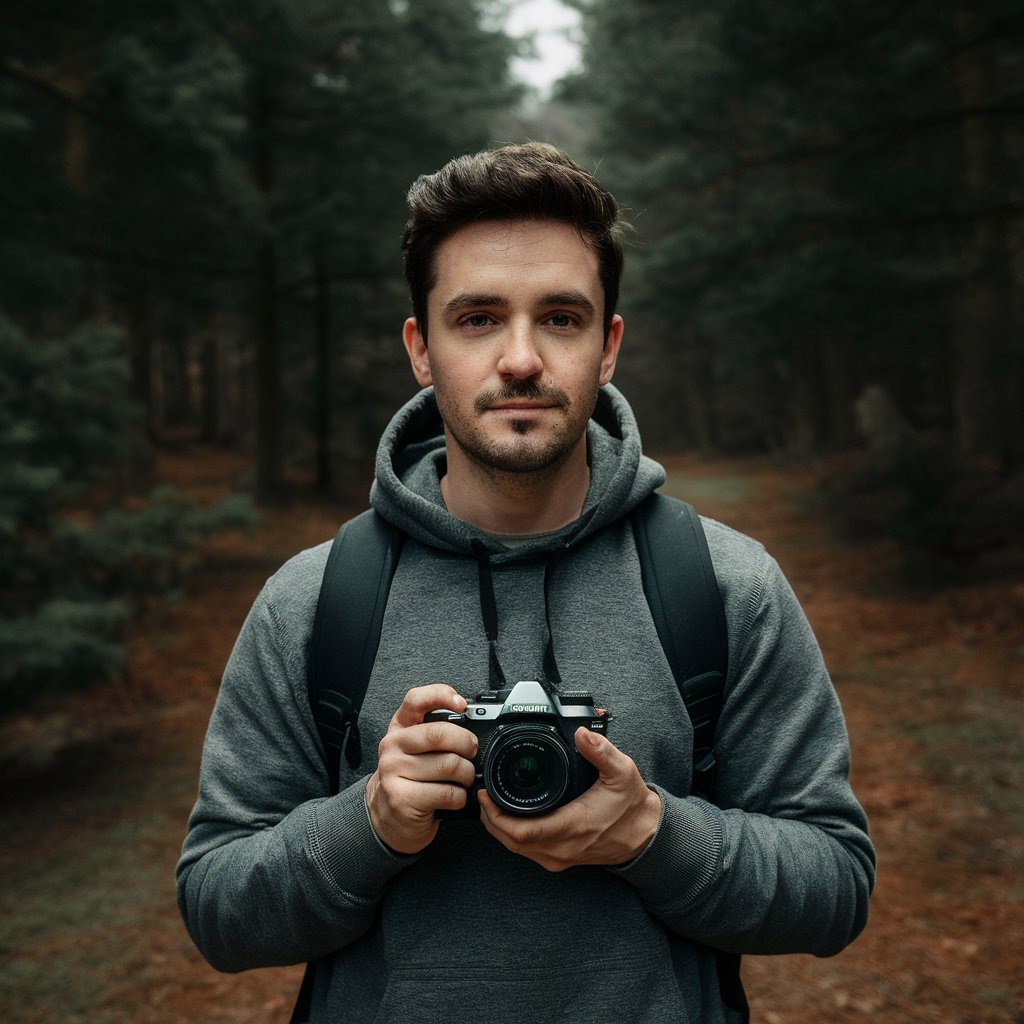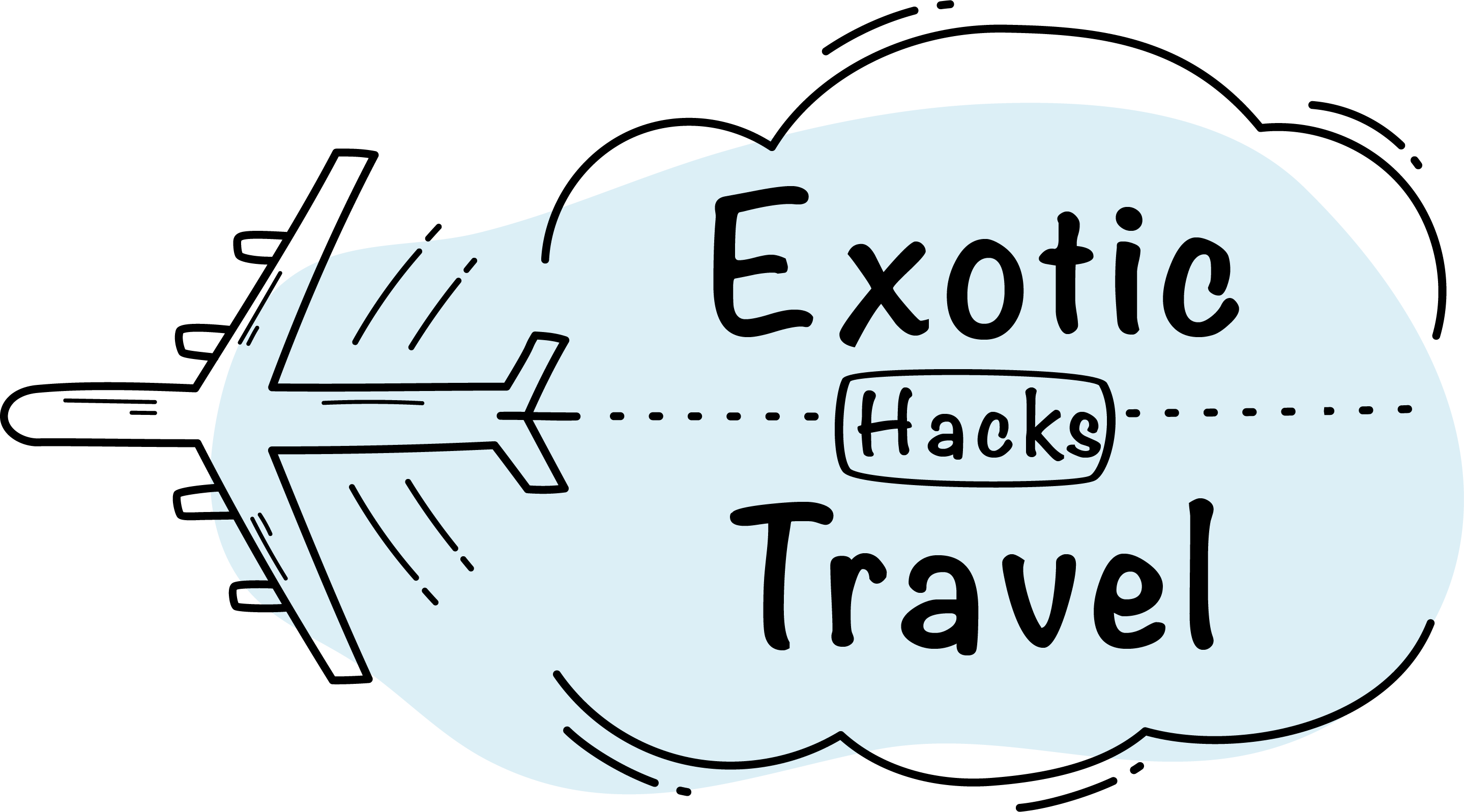Table of Contents
After coordinating volunteer programs in Southeast Asia for five years and making every possible mistake, I’ve learned how to separate genuine opportunities from exploitative ones. Here’s your honest guide for volunteering abroad work and get meaningful jobs – no sugar coating, just practical wisdom from someone who’s been on both sides of the equation.
The Reality Check
Volunteering abroad isn’t about saving the world in two weeks. The most effective volunteers understand they’re there to learn as much as to help.
During my first placement in Cambodia, I realized that my Western perspective on “helping” needed serious adjustment. Good volunteer programs prioritize community needs over volunteer wishes. They have clear objectives, sustained local partnerships, and transparent operations. Before committing, ask yourself: are you ready to be a student as much as a helper? Most successful volunteers spend 70% of their time learning and 30% contributing.
The Research Phase
Start investigating potential organizations six months before travel. Look beyond flashy websites and emotional appeals.
Legitimate organizations provide clear documentation about their impact, financial transparency, and long-term community relationships. Red flags include vague program descriptions, pressure to commit quickly, and an absence of local staff in leadership positions. Research past volunteer experiences through independent review sites, contact alumni directly, and verify organizational credentials through international volunteer networks. Always check if organizations are registered charities in their home countries.
The Cultural Sensitivity Factor
Cultural competency determines your volunteer success more than any other factor. Before departure, study local customs, taboos, and communication styles.
In Cambodia, I learned that publicly displaying emotions could damage project relationships. Understanding the hierarchy in Thai communities helped me navigate decision-making processes. Research local dress codes, greeting customs, and religious practices. Learn about colonial history and its lasting impacts. Most failed volunteer experiences trace back to cultural misunderstandings rather than a lack of skills.
1. Expanded “The Local Integration” section: Add content about building relationships with local staff, understanding community power dynamics, and navigating cultural differences in professional settings. Include specific examples from real volunteer experiences.
2. Expanded “The Support System” section: Add information about:
- Mental health support networks
- Dealing with culture shock
- Building local friend networks
- Finding support outside the volunteer organization
- Managing expectations vs. reality
The Cost Consideration
Quality volunteer programs aren’t free – and shouldn’t be. Program fees should directly support community projects and cover training, accommodation, and support. Expect to pay $500-1000 monthly for legitimate programs. Request detailed breakdowns of where your money goes. Be wary of programs charging thousands without clear cost justification. Look for transparency about local staff salaries and project funding. Good programs often offer sliding scale fees based on duration and can provide documentation of how fees benefit communities.
The Skill Match
Be honest about your capabilities and limitations. Teaching English requires more than being a native speaker. Medical volunteering without proper qualifications is unethical and dangerous. Focus on programs matching your actual skills or offering thorough training. Construction projects need basic building knowledge. Environmental programs should provide specific training. Match your professional or academic background to project needs. Consider skills beyond your profession – administration, photography, or IT abilities can be valuable contributions.
The Duration Dilemma
Short-term volunteering rarely creates a lasting impact. Programs under one month often do more harm than good. Community projects need consistency and commitment. Three months should be your minimum target for meaningful contribution. Longer stays allow proper cultural integration, language acquisition, and genuine relationship building. If you can’t commit long-term, look for specific project-based opportunities or consider supporting organizations financially instead. Time investment directly correlates with impact potential.
The Local Integration
Prioritize programs emphasizing community integration. Good organizations have strong local leadership and established community partnerships. They provide language training, cultural orientation, and opportunities for community interaction beyond volunteer work. Avoid programs where volunteers only interact with other foreigners. Look for homestay options or shared housing with local staff. The best programs facilitate genuine cultural exchange through community events, shared meals, and local mentorship programs.
The Local Integration
Prioritize programs emphasizing community integration. Good organizations have strong local leadership and established community partnerships. They provide language training, cultural orientation, and opportunities for community interaction beyond volunteer work. Avoid programs where volunteers only interact with other foreigners. Look for homestay options or shared housing with local staff.
Building relationships takes time and cultural awareness. Understand local relationship-building customs – in some cultures, sharing meals is more important than formal meetings. Learn local professional etiquette, like the importance of group consensus in Southeast Asian workplaces. Pay attention to community power dynamics and respect established hierarchies.
The Preparation Process
Legitimate programs provide comprehensive pre-departure support. Expect detailed documentation about your role, living conditions, cultural considerations, and emergency protocols. Good organizations require references, background checks, and clear communication about expectations.
They should offer vaccination guidance, visa support, and cultural preparation resources. Pre-departure orientation should include language basics, cultural norms, and project-specific training. Request contact with current or past volunteers for realistic insights.
The Support System
Assess the support provided during placement. Responsible organizations offer clear communication channels, emergency protocols, and cultural mentorship. They should have systems for addressing concerns and regular check-ins. Look for 24/7 emergency contact availability, medical evacuation plans, and local healthcare partnerships.
Your support system should extend beyond the organization. Build connections with other long-term volunteers and expats who understand your challenges. Find local friends outside your project – they often provide better cultural insights than official mentors. Establish regular check-ins with family or friends back home who can offer perspective during difficult times. Keep contact information for local mental health professionals who understand cross-cultural issues.
The Sustainability Question
Evaluate project sustainability and long-term impact. How does the organization measure success? What happens when volunteers leave? Strong programs focus on building local capacity rather than creating dependency. They should have evidence of community benefits and clear strategies for eventual local management. Ask about five-year plans and success metrics. Review annual reports and impact assessments. Good programs work towards making themselves unnecessary through local empowerment.
The Exit Strategy
Plan your departure from day one. Good programs help transition responsibilities, document work for future volunteers, and maintain community connections. They should provide post-program support and ways to stay involved remotely. Create detailed handover documents. Train local staff or community members to continue your work. Establish sustainable communication channels with the community. Focus on knowledge transfer and capacity building throughout your placement. Leave resources and documentation for future volunteers.
Ready to find your meaningful volunteer opportunity? Remember: thorough research, realistic expectations, and long-term commitment create the most impactful experiences.

I’m Garrett, a seasoned photojournalist with a passion for uncovering the world’s hidden treasures. My journey is fueled by a deep curiosity for diverse cultures and breathtaking landscapes. When I’m not behind the lens capturing the world’s wonders, you can find me exploring underwater realms or sharing my passion for discovery with my two adventurous children.




